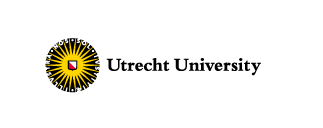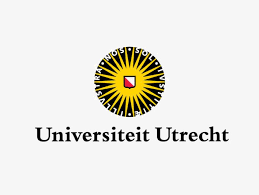Introduction to Biomolecular Mass Spectrometry
This one-week course aims to give an overview of techniques used in proteomics, particularly mass spectrometry, along with examples of their application to biological research.
Over the past few years, mass spectrometry has become a powerful technique for the identification and characterization of single proteins, but also in the analysis of complex mixtures (e.g. protein complexes, proteins in organelles and entire cells). With recent developments in mass spectrometry, but also in separation science (such as gel electrophoresis and peptide chromatography), proteomics increasingly finds its place among established biochemical techniques. More importantly, it has proven itself as a discovery tool in many biological and biomedical applications. This one-week course aims to give an overview of techniques used in proteomics, particularly mass spectrometry, along with examples of their application to biological research. Topics that will be covered in the course are:
principles of mass spectrometry
- protein identification by MS
- protein separation techniques
- peptide separation techniques, including (multidimensional)
- chromatography
- large scale proteomics
- bioinformatics
- quantitative proteomics
- analysis of protein networks
- analysis of protein posttranslational modifications (including phosphorylation)
Applications of these techniques will be illustrated by invited speakers who will show examples of mass spectrometry applied to biological problems in developmental biology, cell biology and immunology. An important part of the course is practical and hands-on training in the interpretation of experimental data (manual and automated interpretation of spectra, database searching, bioinformatics). In addition, a lab-demo will be organized at the Dept. of Biomolecular Mass Spectrometry to show various instruments in action.
Please register online on the Hecklab website: hecklab.com/education. The maximum number of participants is 30.
Open for master students of other LS masters and PhD students
Prerequisite knowledge:
Bsc BMW / Biology

